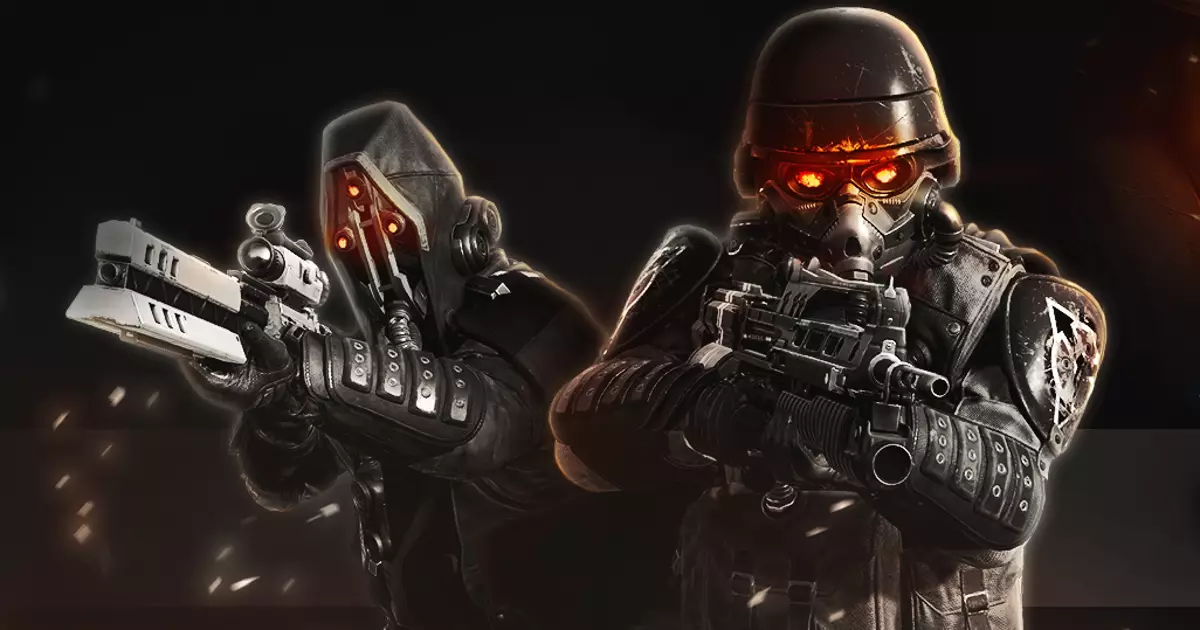The gaming world often thrives on collaborations, crossovers, and the reinvigoration of legacy titles. However, when the announcement of the Helldivers 2 and Killzone crossover emerged, it invoked more skepticism than excitement. This piece dissects Arrowhead Games’ portrayal of this partnership and its implications, particularly considering the socio-political narratives these titles encapsulate.
Arrowhead Games, famed for their satirical approach to cooperative gameplay, finds themselves teaming up with the infamous Killzone franchise. Initially known for their portrayal of militaristic regimes, Killzone brings a heavy history of fascist aesthetics to the table. This partnership, framed as a celebration, appears more of a desperate grasp for relevance in a market saturated with shooter games. Helldivers, touted for its humorous take on imperialism and tyranny, now juxtaposes its narrative with elements endorsing a more authoritarian representation of conflict.
One could argue that this crossover is an example of the gaming industry using nostalgia as a crutch, and not in a good way. The Helldivers universe, rich in tongue-in-cheek political satire, could come off as disingenuous when mixing with the grim realities suggested by Killzone. Arrowhead has risked diluting its unique identity by aligning with a series often criticized for glorifying war and oppression, a move that raises questions regarding the message being conveyed to players.
Gaming audiences are often critical of the narrative implications of their interactive experiences, particularly when they intersect with real-world ideologies. The release of Killzone-themed items in Helldivers 2 underscores a larger issue in the gaming landscape: the trivialization of militarism and authoritarianism. By adding such content, Arrowhead hints at an acceptance or endorsement of these themes, suggesting that glorified war narratives can coexist unchallenged with satirical undertones.
Moreover, it raises critical questions around player engagement and ethical consumption—do players truly understand the moral complexities inherent in these narratives, or are they simply dazzled by the novelty of legacy content? This crossover could very well lead to a disconnection between gameplay experiences, where the satirical context of Helldivers is sidelined by the grittiness of Killzone.
Following the announcement, feedback from the Helldivers player community has been mixed, with backlash particularly focused on pricing tiers and the monetization of game elements, such as primary weapons as DLC. Pricing in games has become a contentious issue, with players often feeling exploited for additional content that should arguably be part of the base experience. This sentiment is compounded by the perception that players are being forced to purchase pieces of content that could potentially alter gameplay dynamics.
Discontent is not just about costs; the juxtaposition of both franchises has prompted debates about their thematic alignments. The Helldivers community has voiced concerns over the potential dilution of the game’s core principles in favor of brand synergy. Arrowhead’s decision to intertwine their offerings with a franchise that has its own complicated and frequently criticized narrative complicates the relationship players have with the game.
The future collaboration prospects laid out by Arrowhead leave much to be speculated. While the gaming community seeks fresh content that aligns with the ethos of their beloved titles, developers need to tread lightly. The involvement of nostalgia-laden franchises may indeed attract attention, but if not executed thoughtfully, it risks steering player engagement in the wrong direction.
Decisions made by studios can have lasting impacts, shaping not only their narratives but altering player perceptions of entire gaming cultures. As more details regarding Killzone-themed rewards emerge, it will be essential to observe how Arrowhead handles this delicate balance of legacy and innovation. The potential for exploration and fun is undeniably enticing, yet the ramifications could reverberate throughout the community, influencing future developments in game design and storytelling.
While the Helldivers 2 and Killzone crossover may initially sound like an exciting proposition filled with potential, it invites deeper criticism of what the future of gaming collaborations should entail. Engaging content should not only be about financial incentives or nostalgia but should also challenge players’ understanding of the narratives they engage with and the values those narratives represent. Whether this collaboration ultimately enhances or undermines the Helldivers legacy remains to be seen.

